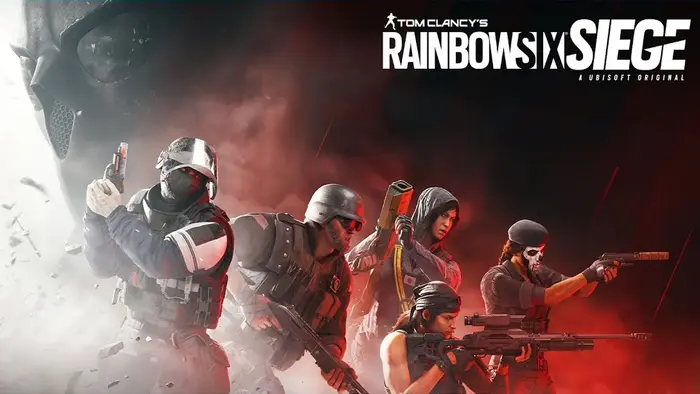The Dark Side of Statistics: How Numbers Are Reshaping Rainbow Six Siege Community
The rise of competitive gaming has brought with it an obsession with performance metrics that’s transforming player behavior in unexpected ways.
Rainbow Six Siege, once celebrated for its tactical depth and team-focused gameplay, has witnessed a significant shift in community dynamics as players increasingly fixate on statistical performance above all else.
This evolution raises important questions about the game’s future and the impact of performance tracking on player psychology.

The widespread accessibility of rainbow six siege stats has created a double-edged sword within the community. While these metrics provide valuable feedback for improvement, they’ve also fostered a culture of intense scrutiny and judgment.
Players now face unprecedented pressure to maintain impressive numbers, leading to anxiety, toxic behavior, and a departure from the cooperative spirit that originally defined the game. This statistical arms race has transformed casual matches into stress-inducing experiences for many players.
The phenomenon of “stat-shaming” has emerged as a particularly troubling trend within the Siege community. Players with below-average statistics often face harassment, exclusion from teams, and toxic messages, regardless of their communication skills or tactical awareness.
This behavior has created an environment where many players prioritize padding their statistics over playing objectively or supporting their team, fundamentally altering the strategic essence of Siege.
Beyond individual players, the impact of statistical tracking has rippled through the entire Rainbow Six Siege ecosystem. Community Discord servers increasingly require statistical screening for membership, amateur leagues set strict statistical requirements for participation, and even casual gaming sessions often begin with players scrutinizing each other’s profiles.
This heightened focus on numbers has created invisible barriers within the community, segregating players based on their statistical performance rather than their potential for growth or teamwork capabilities.
The psychological impact of constant statistical monitoring cannot be understated. Many players report experiencing performance anxiety, reduced enjoyment, and a fear of experimentation with new operators or strategies.
The knowledge that every action is being tracked and scrutinized has led to a more conservative, risk-averse playstyle that contradicts Siege’s design philosophy of creative problem-solving and tactical innovation.
Perhaps most concerning is the effect on new player retention. Newcomers to Rainbow Six Siege face not only the challenge of learning the game’s complex mechanics but also the pressure of building and maintaining “acceptable” statistics from their very first matches.
This additional stress factor has contributed to higher early dropout rates and a more intimidating environment for those looking to join the community.

The competitive scene has also evolved in response to the statistical revolution. While professional teams still prioritize coordination and strategy, the amateur and semi-professional scenes have increasingly shifted towards a stats-first mentality. This has created a disconnect between high-level competitive play and the grassroots competitive community, potentially hampering the development of future professional talent.
Educational content creators and community leaders are beginning to push back against this trend, emphasizing the importance of unmeasurable qualities like communication, game sense, and team synergy. However, these voices often struggle to compete with the allure of statistical validation and the immediate gratification of improving one’s numbers.
Looking ahead, the Rainbow Six Siege community faces a crucial challenge in rebalancing its relationship with statistics. While performance metrics remain valuable tools for improvement, the community must find ways to prevent these numbers from overshadowing the human elements that make Siege unique.
The future health of the game may well depend on our ability to use statistics as guidelines rather than gospel, preserving the tactical depth and team-focused gameplay that originally made Rainbow Six Siege special.






